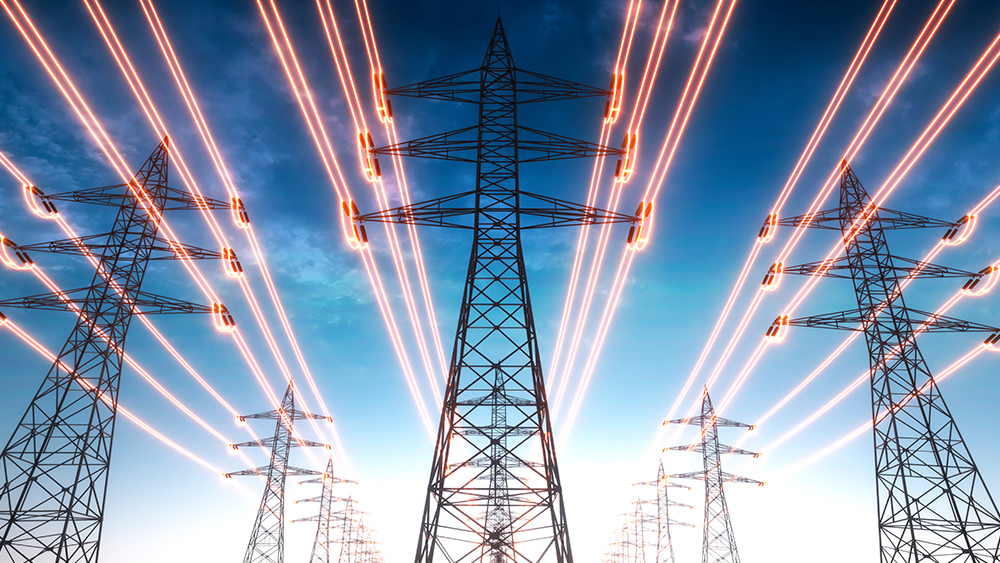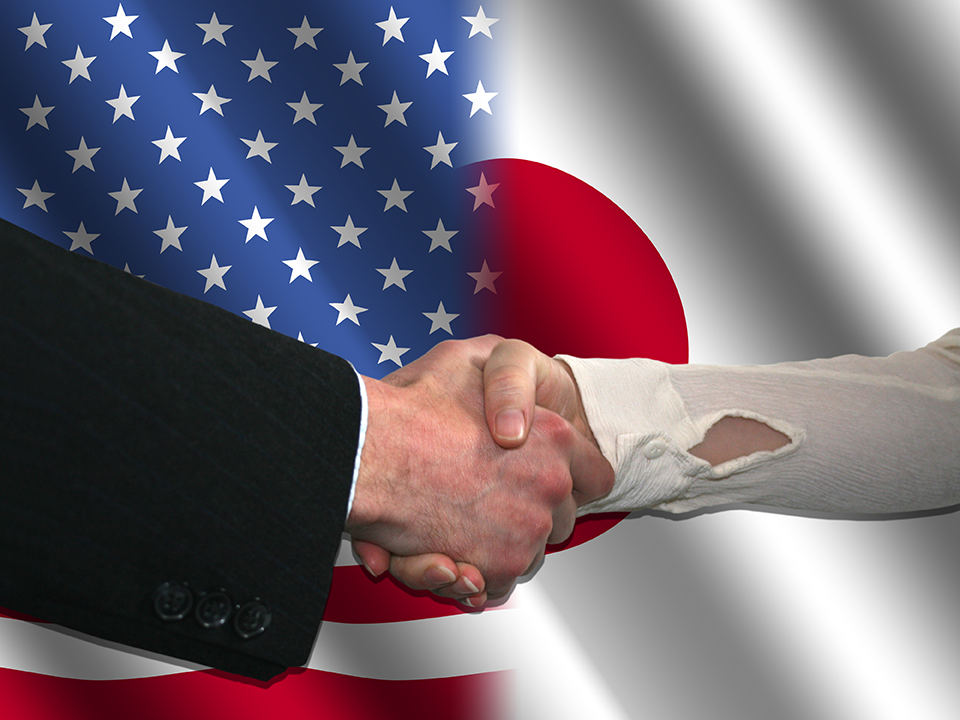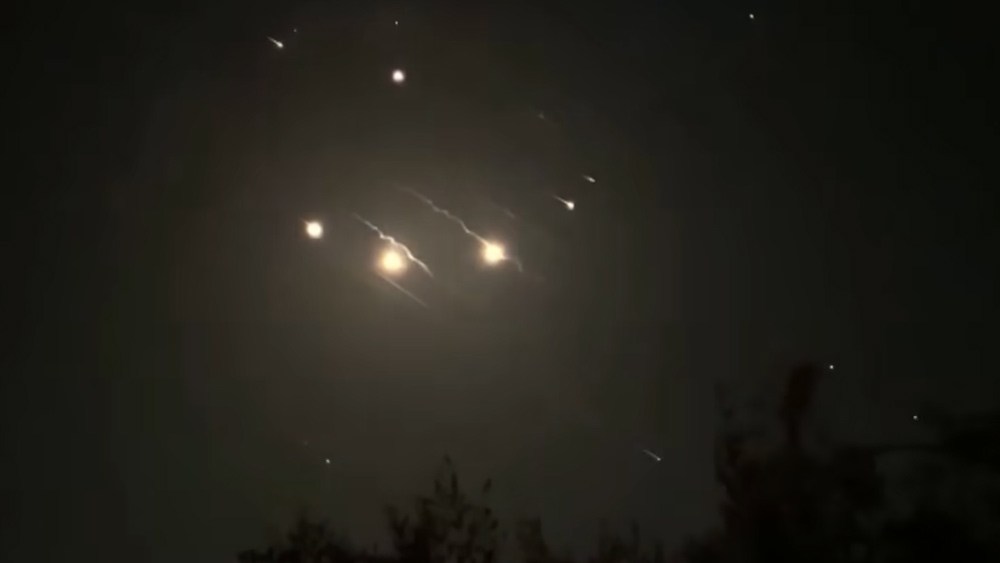 Parler
Parler Gab
Gab
- The Brook Mine, Wyoming's first new coal operation in nearly 50 years, contains a major rare earth deposit – the first such U.S. discovery in over 70 years. These elements are crucial for advanced technologies, including defense systems and renewable energy.
- The mine is a strategic move to counter China's dominance, which controls nearly 90 percent of global rare earth supply and processing. Energy Secretary Chris Wright emphasized the need to break this reliance for national security.
- The mine extracts rare earth elements directly from coal, avoiding the radioactive byproducts of traditional mining. Ramaco estimates it could eventually meet 30 percent of the Department of Defense's magnetic material needs.
- The project has been lauded by Wyoming Republicans and former Sen. Joe Manchin for its role in energy resilience and job creation. It aligns with Trump-era policies favoring fossil fuels and critical mineral production.
- Full production depends on a $533 million processing plant still in development, and skeptics question if the mine can compete with China's established supply chains. However, Ramaco claims its coal-based method offers cost and safety advantages.
Will the Brook Mine break Beijing's grip on rare earth metals for good?
Wyoming's GOP leaders echoed the sentiment, with Gov. Mark Gordon calling the project a wake-up call after decades of "asleep" dependence on foreign rivals. Sen. Cynthia Lummis and Rep. Harriet Hageman also echoed this decoupling from Beijing's stranglehold on rare earth metals. The mine's approval aligns with the second Trump administration's push to revive fossil fuels while expanding critical mineral production under recent legislation slashing royalty fees for public-land mining. It contrasts sharply with policies under former President Joe Biden, which feature a strong bias toward renewable energy and mining bans. Yet challenges persist. Rare earth extraction is notoriously difficult due to scattered deposits, and full-scale production at Brook Mine hinges on a $533 million processing plant still in development. Skeptics question whether the operation can compete with China's entrenched supply chains. Ramaco, however, insists its "radioactively cold" coal offers cost and safety advantages. Meanwhile, reporter Ken Sakakibara of the Japanese newspaper Asahi Shimbun – who was present at the event – noted how his home country suffered a Chinese embargo on rare earth metals in 2010. (Related: China's rare earth minerals export ban will collapse the telecom industry and all "green" power, including solar and wind turbines.) As the Brook Mine gears toward full production in coming months, its success could redefine Wyoming's energy landscape and America's geopolitical footing. Whether it delivers on that promise depends on scaling innovation fast enough to outpace China's grip. For now, Ramaco's endeavors in the Equality State is putting the U.S. back in the rare earth game. Visit NewEnergyReport.com for more similar stories. Watch this Sky News Australia report about how President Trump's negotiations with China over rare earth metals show their significance. This video is from the TrendingNews channel on Brighteon.com.More related stories:
Texas congressmen introduce bill to reduce U.S. reliance on China rare-earth minerals. Trump to invoke emergency powers to boost domestic production of CRITICAL MINERALS. Coal ash holds $8.4 billion in rare earth minerals, offering path to U.S. energy independence. Sources include: ClimateDepot.com CowboyStateDaily.com BismarckTribune.com Brighteon.comTrump concedes to lower 25% tariff on Japanese imports in flawed trade deal
By Finn Heartley // Share
Power crisis looms: PJM warns of grid collapse as AI servers and retiring plants collide
By Willow Tohi // Share
Meta inks 20-year deal with Illinois nuclear plant to power its AI
By Ramon Tomey // Share
Health Ranger Report: Exploring the truth about the MYSTERIOUS DRONES with Timothy Alberino
By Kevin Hughes // Share
Governments continue to obscure COVID-19 vaccine data amid rising concerns over excess deaths
By patricklewis // Share
Tech giant Microsoft backs EXTINCTION with its support of carbon capture programs
By ramontomeydw // Share
Germany to resume arms exports to Israel despite repeated ceasefire violations
By isabelle // Share










